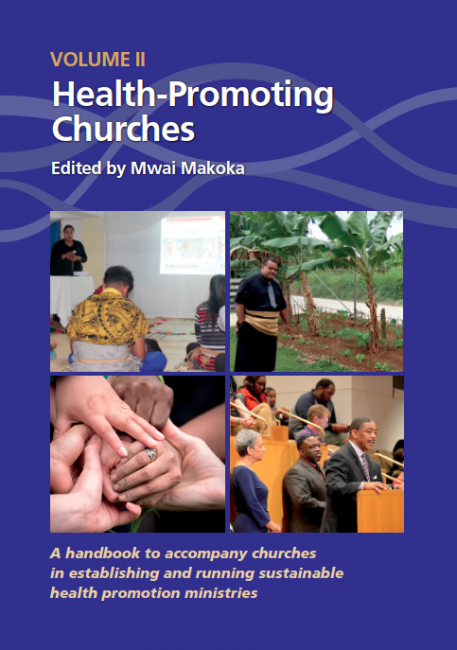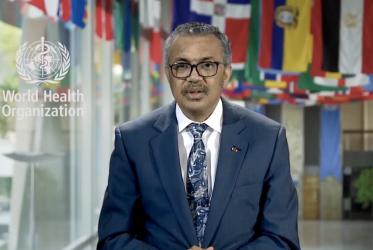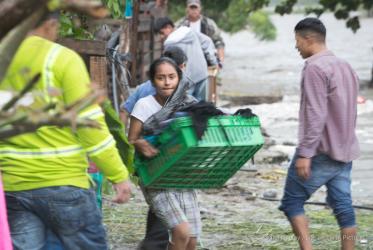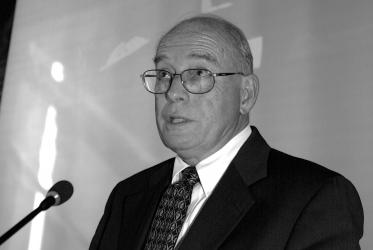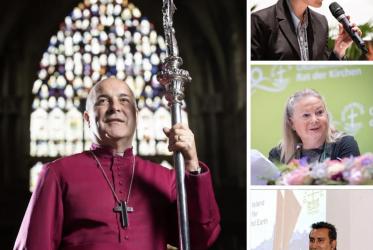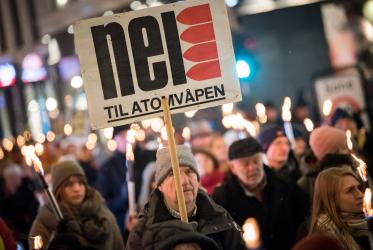Displaying 121 - 140 of 465
Health-Promoting Churches Volume II:
A handbook to accompany churches in establishing and running sustainable health promotion ministries
28 April 2021
Bedouins of Pope’s Hill fight eviction
30 March 2021
Webcast strives to describe path to a nuclear weapons-free world
28 January 2021
World Social Forum convenes to “express and practice solidarity”
28 January 2021
Love and Witness
Proclaiming the Peace of the Lord Jesus Christ in a Religiously Plural World
18 January 2021
Pilgrim Prayer to foster global spiritual solidarity
14 January 2021

